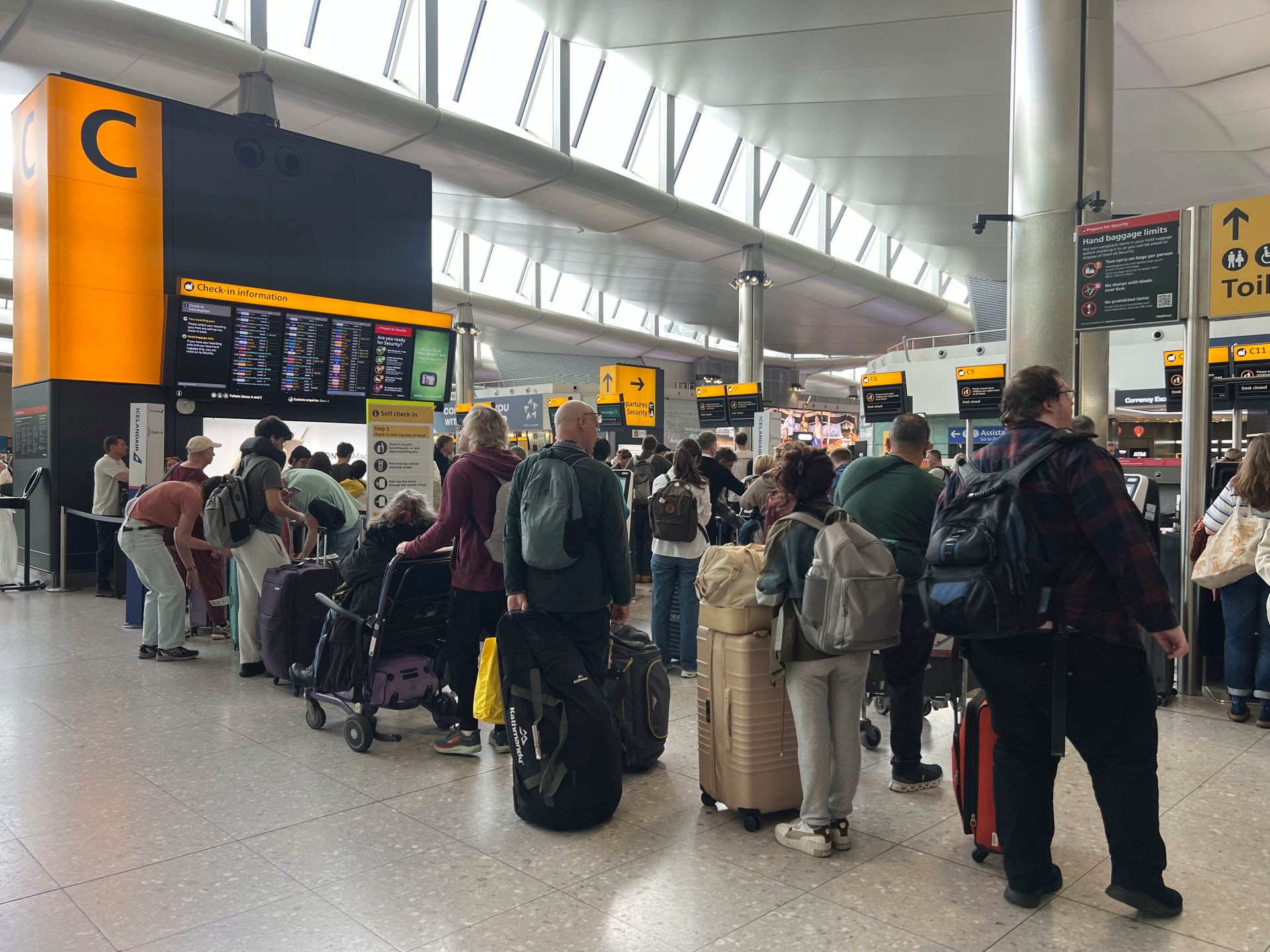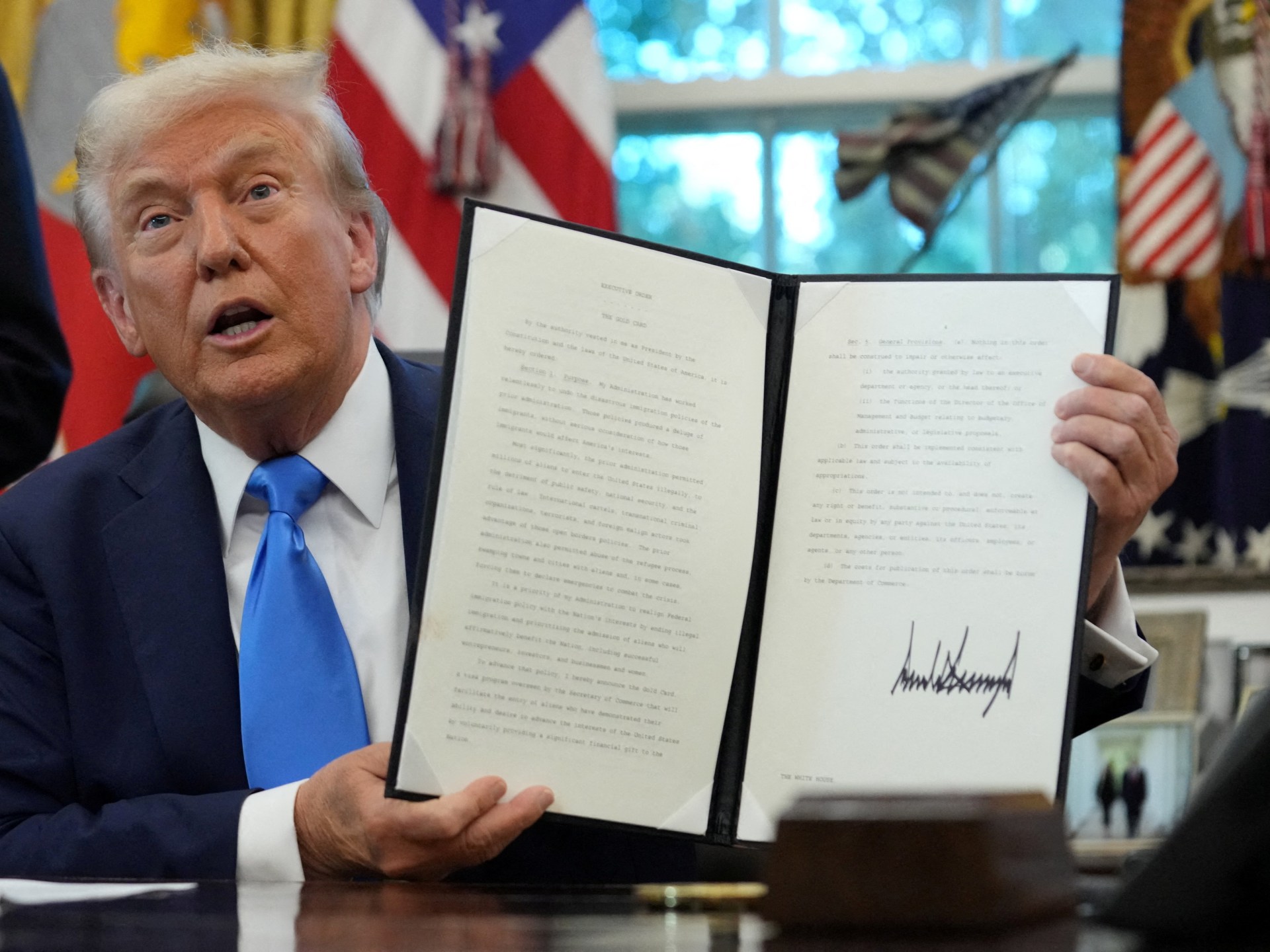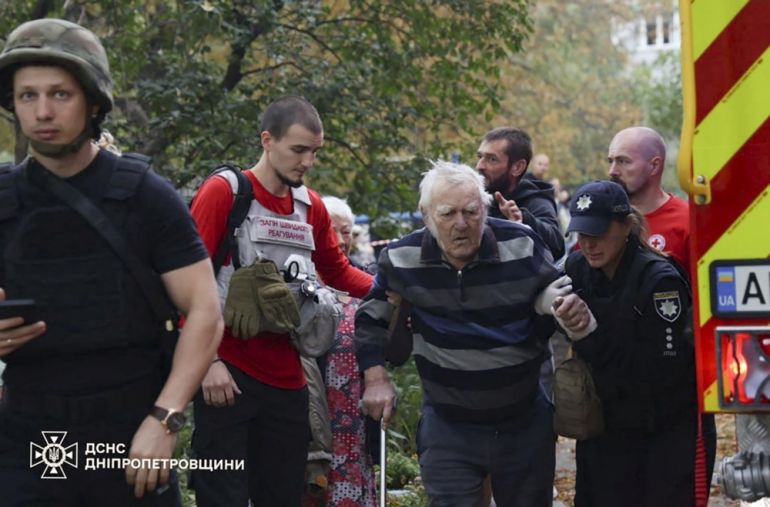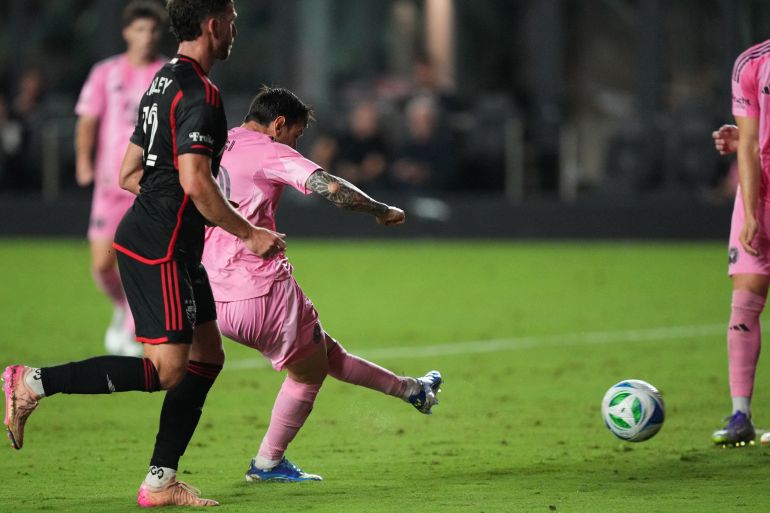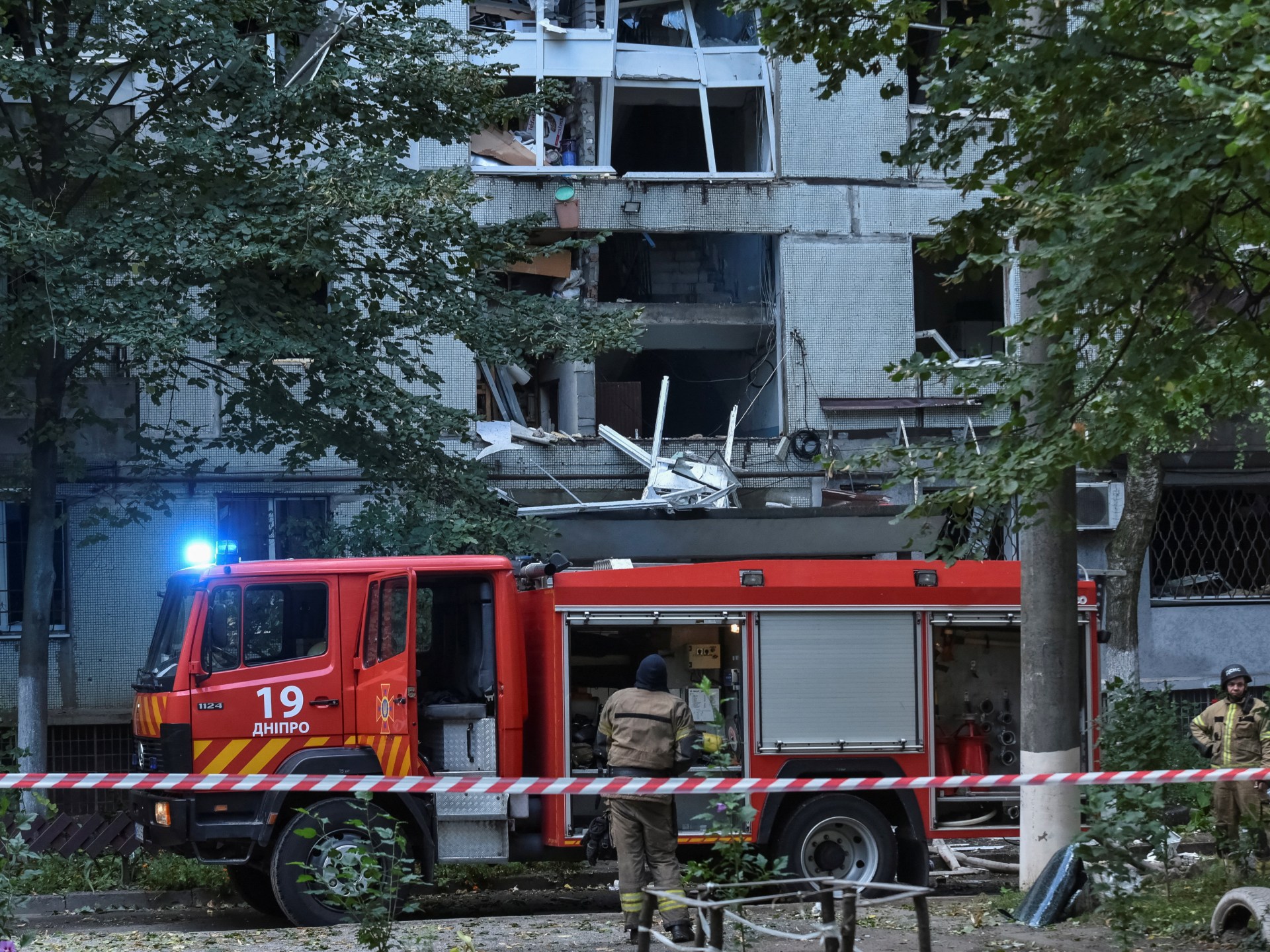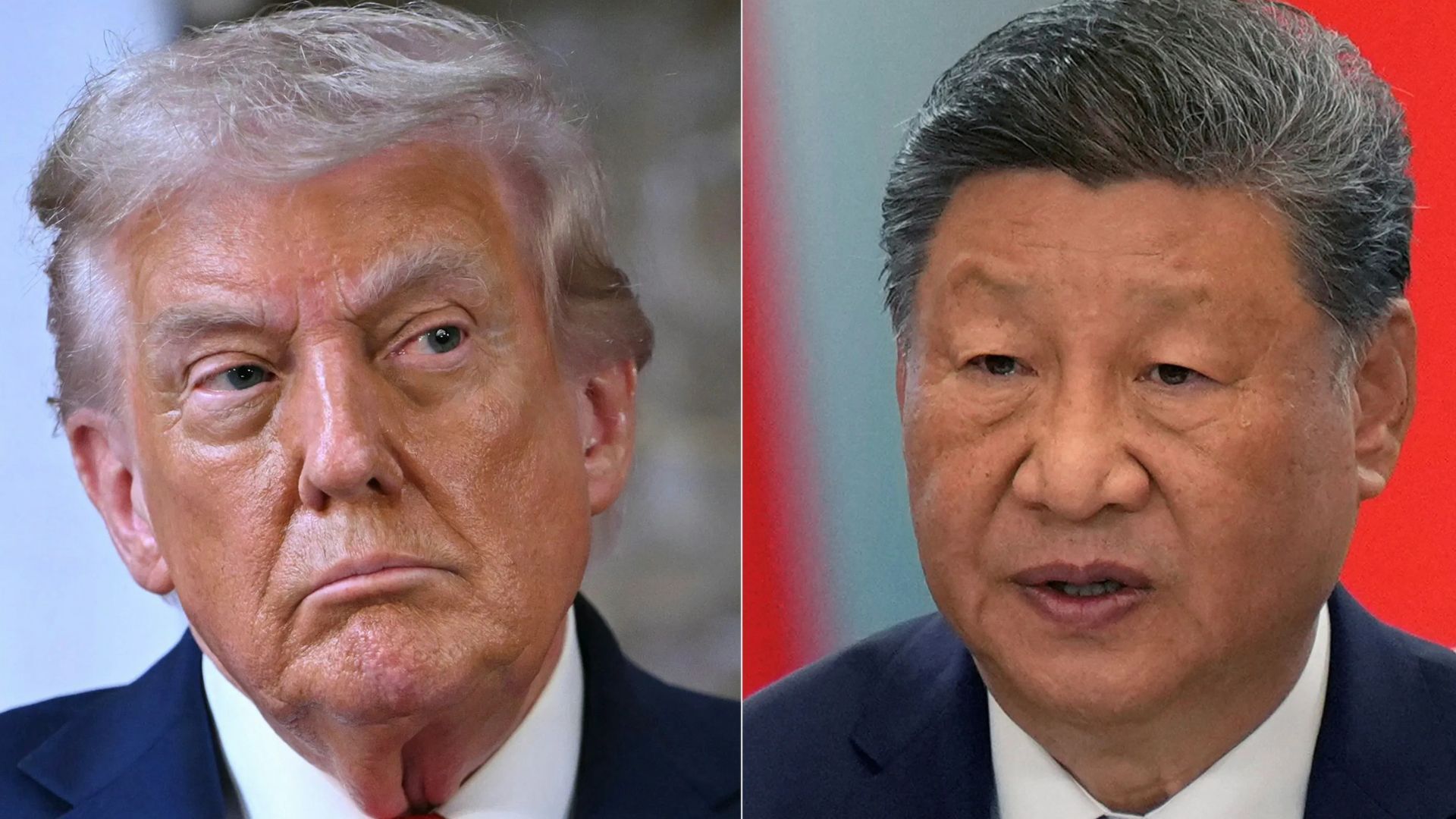Major international airports in Europe, including Berlin’s Brandenburg airport and London’s Heathrow airport, are still experiencing delays and cancellations as a result of a suspected cyberattack affecting their check-in systems, which has resulted in thousands of passengers’ cancellations and delays.
Early on Sunday, Heathrow Airport apologized to its customers who had experienced delays while also saying that it is still trying to “resolve and recover” from the airline system’s outage. The airport, which is the busiest and largest airport in the United Kingdom, processes more than 200 000 passengers each day, and in July, it recorded more than 7.9 million outbound and inbound passengers.
Recommended Stories
list of 3 itemsend of list
Meanwhile, as of early Sunday, Berlin airport announced on its website that passengers may experience “longer waiting times” as a result of a “systems outage.”
In 2024, Berlin handled a total of 25.5 million passengers, or almost 70, 000 on average per day.
In recent years, the transportation sector has been savaged by cyberattacks and technical problems, including the alleged sabotage attack on France’s national rail operator in July 2024 in advance of the Paris Olympics and the temporary shut down of Japan Airlines’ system and American Airlines.
In the most recent aviation attack that affected Europe starting on Friday, Irish airports in Ireland reported “minor impacts” from “a Europe-wide software issue.”
According to Dublin Airport, “Some flights may be impacted as the day progresses, and passengers are advised to get in touch with their airline directly for flight updates,” according to a statement on X.
After reporting a “cyberattack” late on Friday, Brussels airport reported at least 10 flight cancellations and 17 delayed flights.
Check-in operations at several European airports, including Brussels Airport, are severely impacted by a cyberattack on the external service provider of the check-in and boarding systems, according to an announcement made late on Saturday on the airport’s X account.
Up until Sunday, it added, “Difficult airport operations and flight cancellations” are anticipated.
According to reports, airports were “reporting disruptions in IT systems related to passenger handling,” according to the aviation watchdog Eurocontrol.
Because of the online attack, airlines were instructed to halt half of their flights to and from Brussels between 04:00 GMT on Saturday and 02:00 GMT on Monday, according to Eurocontrol.
Airport service provider Collins Aerospace informed the AFP news agency in a statement that “we have become aware of a cyber-related disruption to our MUSE software in some airports.”
According to Collins Aerospace, which claims to have a presence in 170 airports worldwide, “the impact is limited to electronic customer check-in and baggage drop.”
A traveler at Heathrow complained to AFP that they were not given enough details about the disruption.
“They remained silent,” they said. The 41-year-old architect who was the passenger said, “It’s always crowded here, but today is like extra.”
They should delay the flight if the system is down, they say. As she waited in the packed check-in area at Heathrow’s Terminal 4 for a Saudia Airlines flight to Jeddah, she continued, “That’s what I’m hoping.”
Another woman who was in line for an Air Algerie flight to Algeria claimed she had been waiting for more than an hour to check in, noting that the airline was manually finishing the task.
